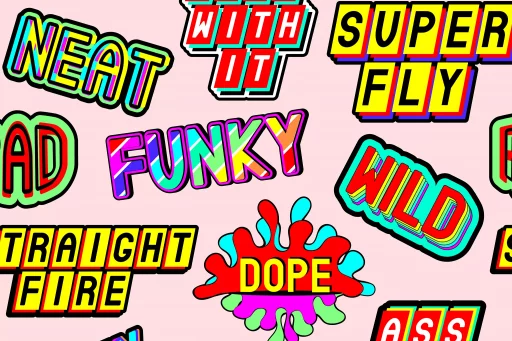Introduction
Texting has become a prevalent form of communication in today’s digital age, allowing people to stay in touch quickly and conveniently. However, with the rise of texting, another issue has emerged – spam. But what exactly does spam mean in texting?
Definition of Spam in Texting
Spam in texting refers to unsolicited messages that are sent in bulk to a large number of recipients, often for malicious purposes. These messages can range from annoying advertisements to phishing scams or malware links.
Types of Texting Spam
- Advertising messages
- Phishing scams
- Malware links
Examples of Texting Spam
One common example of texting spam is receiving messages from unknown numbers promoting products or services. Another example is receiving messages that claim you have won a prize and need to click on a link to claim it, which is a common phishing scam.
Case Studies
In a study conducted by the Messaging, Malware and Mobile Anti-Abuse Working Group (M3AAWG), it was found that over 70% of mobile users reported receiving spam text messages in a year. This highlights the prevalence of texting spam and the impact it has on users.
Statistics
According to the Federal Trade Commission (FTC), there has been a significant increase in the number of complaints related to spam text messages in recent years. This shows that texting spam is a growing concern for consumers.
How to Deal with Texting Spam
There are several ways to deal with texting spam, including:
- Blocking the number
- Reporting the spam message to your carrier
- Not clicking on any links in the message
Conclusion
Texting spam is a prevalent issue that many people face in their daily lives. By understanding what spam means in texting and how to deal with it, individuals can protect themselves from potential scams and threats.






